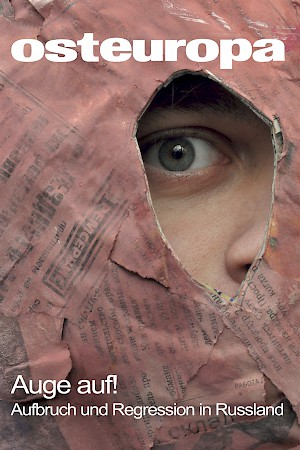Social Capital and Ideological Orientation
Modernism, Pre-Modernism, and Anti-Modernism in Russia
Deutsche Fassung
Abstract
The trust humans extend to one another forms social capital. It is reflected in rules, institutions, and political expectations. These are not the same everywhere in Russia, because the country is not a unified political and socio-economic space. It is instead a collection of enclaves. There are three types of social capital. The modern cities with over one million inhabitants are rapidly being Europeanised. The pre-modern capital of the rural space is in decline; it provides no political impetus. The future will be determined in the anti-modern segment. It was most deeply shaped by the Soviet economy and Soviet values. These “Soviet people”, Russian nationalists, and Orthodox fundamentalists make up the social base of the Putin regime. The authoritarian system tries to suppress any hint of change. But in the anti-modern segment, social conflicts are brewing.
(Osteuropa 6-8/2012, pp. 55–84)



